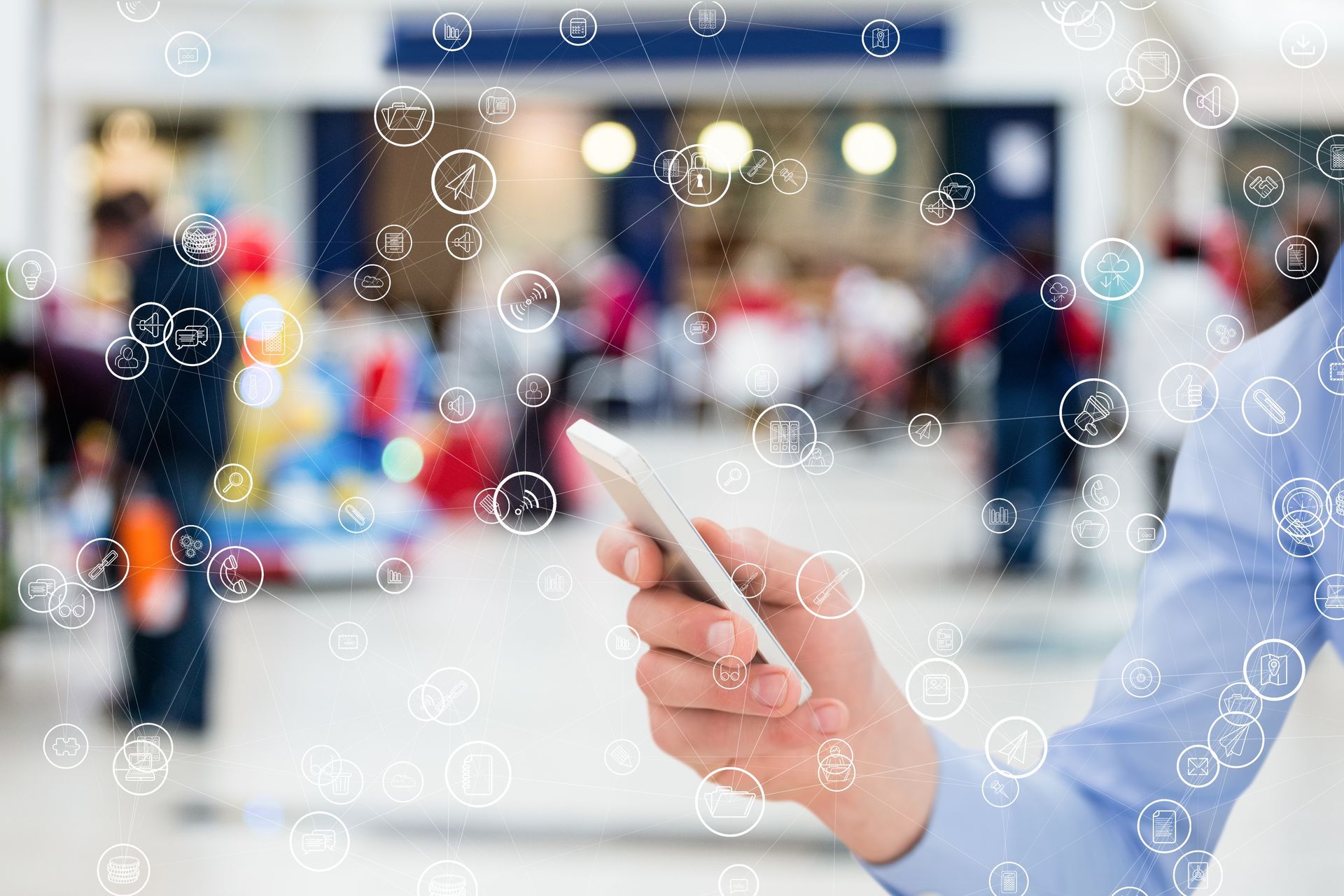Navigating the Everchanging Landscape of Marketing Campaigns in 2024
The world of marketing is in a constant state of flux, driven by technological advancements, changing consumer behaviour, and evolving market dynamics. In 2024, marketing campaigns are more dynamic and adaptive than ever, leveraging cutting-edge technologies and innovative strategies to engage audiences in meaningful ways. Here’s a look at the trends and tactics defining marketing campaigns this year.
Personalization at an Unprecedented Level
In 2024, personalization has transcended beyond simple name tagging in emails. Advanced AI and machine learning algorithms allow marketers to tailor every aspect of their campaigns to individual preferences and behaviours.
Marketers can now deliver hyper-personalized content that adapts in real-time based on user interactions, creating a more engaging and relevant experience for each consumer.
Emails are no longer static; they can change content dynamically at the time of opening based on real-time data, such as location, weather, or current sales promotions.
Interactive and Immersive Experiences
With the rise of virtual reality (VR) and augmented reality (AR), marketing campaigns are becoming more interactive and immersive.
Brands are creating virtual showrooms where customers can explore products in a 3D environment from the comfort of their homes, making online shopping more engaging and realistic.
Beauty and fashion brands are using AR to allow customers to try on products virtually, enhancing the online shopping experience and reducing return rates.
The Power of Data-Driven Insights
Data continues to be the backbone of successful marketing campaigns. In 2024, the use of data-driven insights is more sophisticated, allowing for precise targeting and optimization.
By analysing historical data, marketers can predict future trends and behaviours, enabling them to craft campaigns that are timely and relevant.
AI tools can analyse social media and other online content to gauge public sentiment towards a brand or product, helping marketers to adjust their strategies in real-time.
Sustainability and Ethical Marketing
Consumers are increasingly prioritizing sustainability and ethical practices, and brands are responding by incorporating these values into their marketing campaigns.
Campaigns are highlighting sustainable practices, eco-friendly products, and corporate social responsibility efforts to appeal to environmentally conscious consumers.
Brands are adopting a more transparent approach, openly communicating their values, sourcing, and production processes to build trust and loyalty.
Influencer Marketing Evolution
Influencer marketing continues to evolve, with a shift towards more authentic and long-term partnerships.
Brands are focusing on micro-influencers who have smaller but highly engaged followings, resulting in more authentic and relatable endorsements.
Long-term collaborations with influencers as brand ambassadors help create deeper connections with audiences and more consistent messaging.
Omni-Channel Strategies
Consumers interact with brands across multiple channels, and successful campaigns in 2024 seamlessly integrate these touchpoints for a cohesive experience.
Brands are creating unified customer journeys that connect in-store, online, and mobile interactions, ensuring a consistent and personalized experience at every touchpoint.
Marketing efforts are designed to be platform-agnostic, allowing campaigns to adapt and deliver optimal experiences whether on social media, email, or websites.
Artificial Intelligence and Automation
AI and automation are not only enhancing personalization but also driving efficiency in campaign management and execution.
From ad placements to email marketing, automation tools are handling routine tasks, freeing up marketers to focus on strategy and creativity.
AI is assisting in content creation, from generating copy to designing visuals, making the creative process faster and more scalable.
Conclusion
The marketing landscape of 2024 is characterized by rapid change and innovation. As technology continues to evolve and consumer expectations shift, marketers must remain agile and forward-thinking. By embracing personalization, interactivity, data-driven insights, sustainability, influencer collaborations, omni-channel strategies, and AI-powered automation, brands can create compelling campaigns that resonate with today’s diverse and dynamic audiences. Staying ahead in this everchanging environment requires a commitment to continuous learning and adaptation, ensuring that marketing efforts are both effective and relevant in the years to come.





























